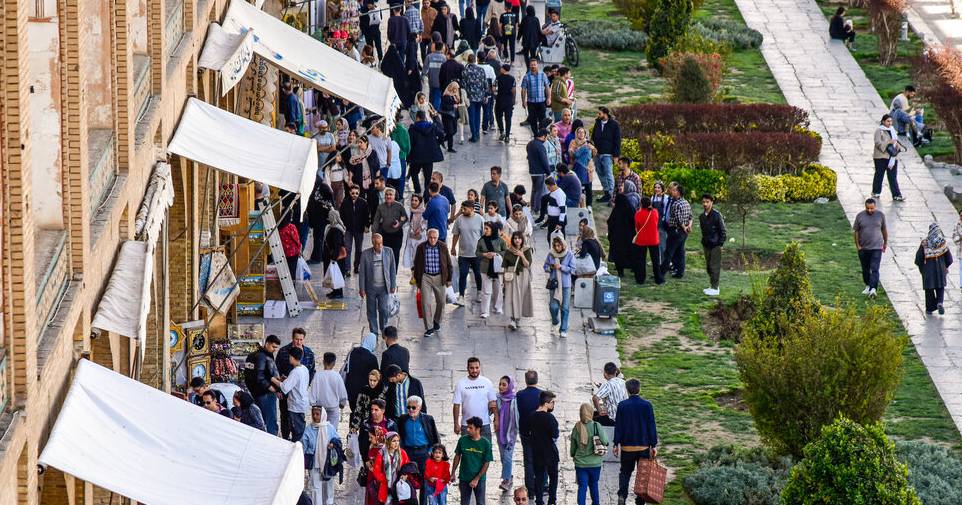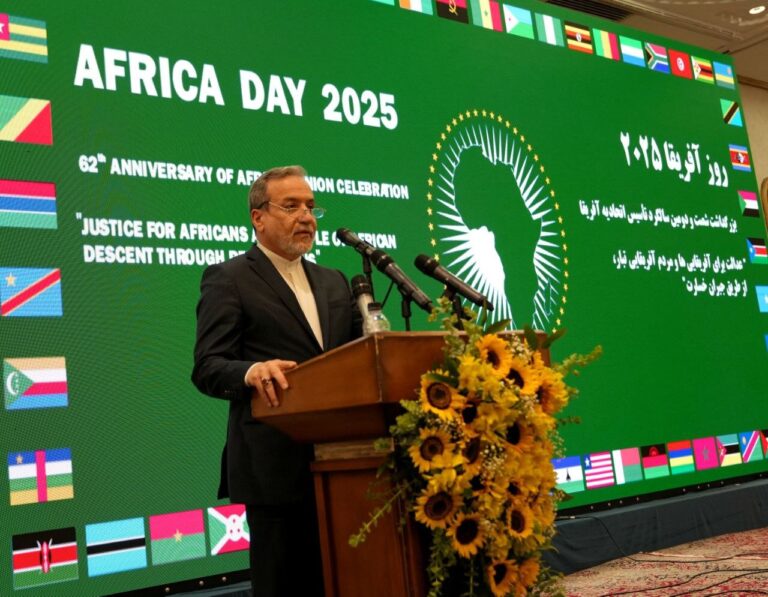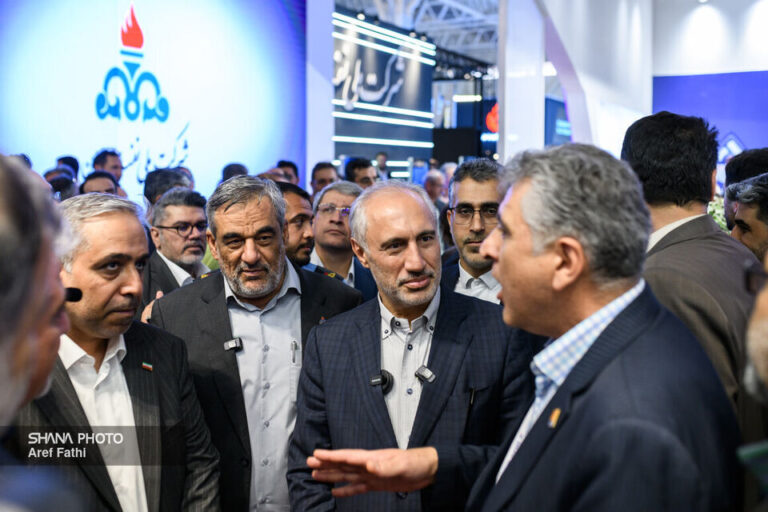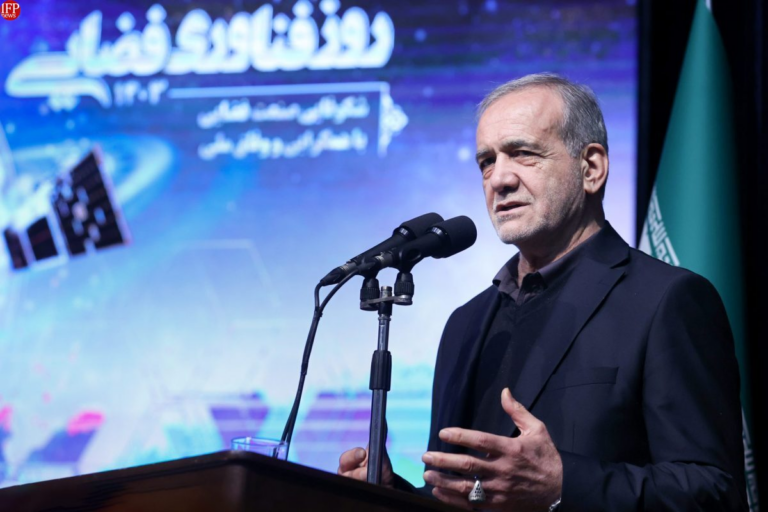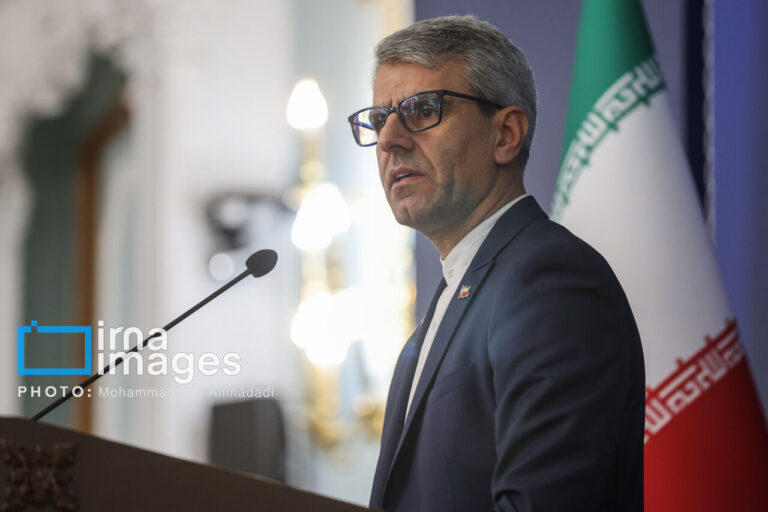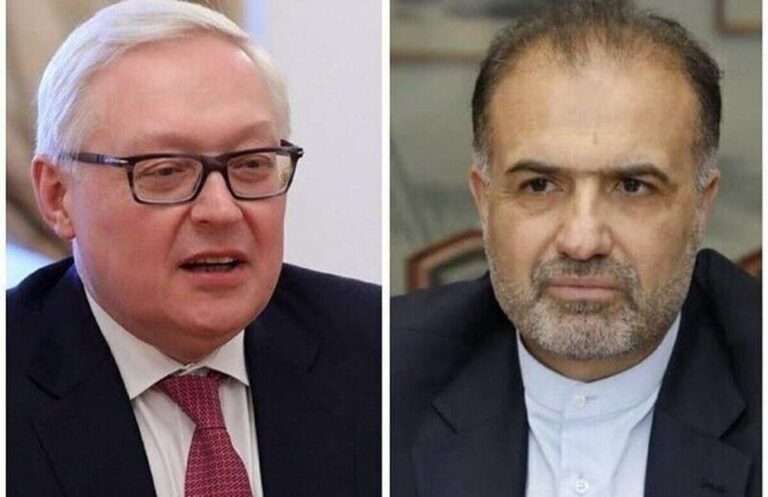Iran’s Path to Economic Recovery: Politicians and Economists Pin Hopes on US Negotiations
In a significant turn of events, a senior adviser to Iran’s Supreme Leader is advocating for a shift in economic control from the government to the people. This move is deemed essential to tackle pressing issues such as international sanctions, soaring inflation, and a rapidly depreciating currency in Iran’s economy.
According to various estimates, approximately 80% of Iran’s economy is under the control of the state or affiliated religious foundations operating under the directives of Supreme Leader Ali Khamenei. Ali Larijani, a prominent figure and adviser to Khamenei, shared his insights on the Eco Iran website, arguing that “what Iran’s economy needs is security, and that does not mean control by security institutions.” This statement serves as a clear critique of the significant influence exerted by the Islamic Revolutionary Guard Corps (IRGC) and other security forces over economic matters.
Larijani, who previously served as the parliamentary speaker, emphasized the following points regarding the current economic landscape in Iran:
- The Iranian economy should be governed by the people, not solely by government entities.
- Administrative reforms and global engagement are critical for economic stability.
- Resolving Iran’s nuclear issue through dialogue is essential for progress.
He pointed out that “the government controls some 85 percent of Iran’s industries and mines,” but criticized its inefficiency in managing these sectors. Larijani highlighted the importance of the government ensuring security for the private sector through relevant legislation and by persuading the Supreme Leader to support such initiatives.
Shifting focus to Iran’s foreign policy, particularly in relation to the United States, Larijani stated, “If the Americans had acted wisely, they could have changed the course of Washington’s relationship with Tehran.” He stressed that US sanctions have severely impeded Iran’s economic progress, asserting that true economic prosperity is unattainable under such restrictive measures. These sanctions were implemented after President Donald Trump withdrew from the Joint Comprehensive Plan of Action (JCPOA) nuclear deal in 2018, plunging Iran’s already troubled economy into a prolonged recession and causing its currency to depreciate significantly.
On the topic of future nuclear negotiations, Larijani remarked, “Everything depends on US behavior. There is a gap between what the United States declares and what it actually does.” He reiterated that Iran must prioritize its national interests in both Eastern and Western relations.
In a related perspective, Iranian economist Ali Ghanbari, in an interview with a Tehran-based website, addressed the ongoing financial crisis. He indicated that some Iranian politicians seem to overlook the fundamental principle that every nation must prioritize its own national interests. Ghanbari stated, “Realistically speaking, it is unlikely that the country’s economic situation—regarding inflation, poverty, and unemployment—will improve significantly compared to last year, as Iran’s economy remains constrained by structural issues in foreign policy that are beyond the government’s control.” He underscored that improvements are improbable as long as sanctions exert pressure on the economy, which is further exacerbated by a lack of sufficient domestic and foreign investment.
Ghanbari also characterized Iran’s economic policy as marked by “confusion,” a sentiment that has grown more pronounced following the impeachment and dismissal of the former Minister of Economy. To pave a way forward, he suggested that Iran should abandon the notion of indirect talks and engage in direct negotiations with the United States. By doing so, he believes that the process could become less complicated.
Additionally, Ghanbari urged the government to prioritize its employees to safeguard social capital. He cautioned that if Iran is genuinely serious about easing tensions and sanctions in the upcoming year, it must carefully select its strategic partners, subtly indicating Tehran’s preference for closer relations with countries like China and Russia.
While both Larijani and Ghanbari stressed the necessity of addressing foreign policy challenges to alleviate Iran’s economic struggles, analyst Hamid Aboutalebi suggested that a new opportunity for dialogue with the United States might be on the horizon. Writing for the conservative Nameh News website in Tehran, he noted recent conciliatory remarks from Steve Witkoff, a Middle East adviser to Trump, as a potential opening for improved relations.
Aboutalebi further argued that the Iranian government should pivot away from propaganda campaigns against Washington and pursue direct negotiations to de-escalate ongoing tensions. This shift in strategy could potentially lay the groundwork for a more stable and prosperous economic future for Iran.
